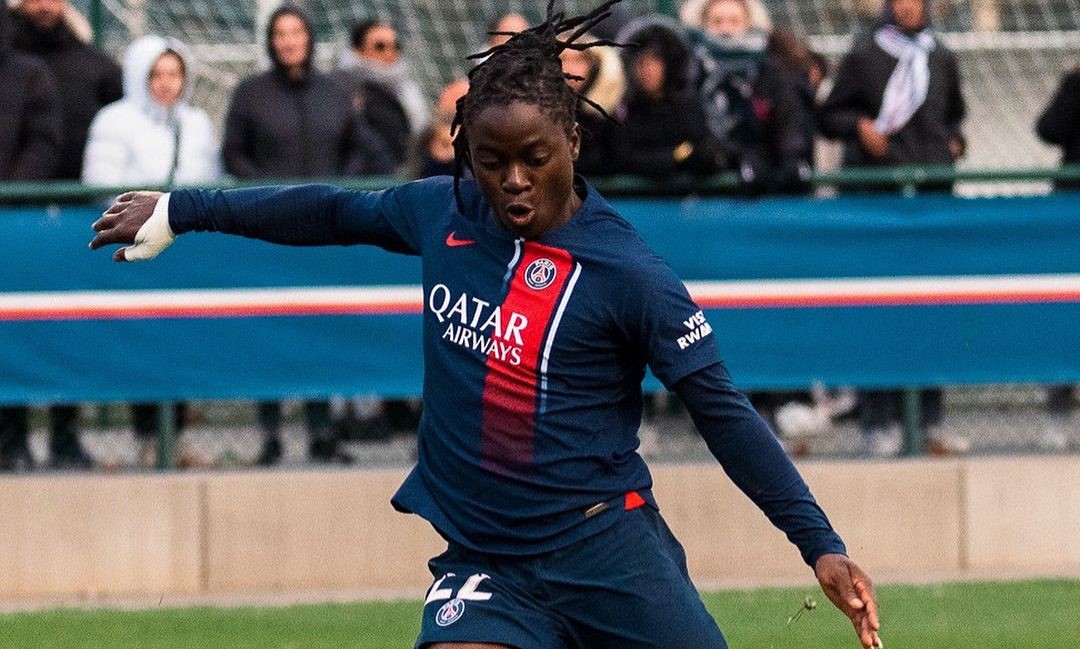Nutrition: missing link in Malawi sports
The observance of diet among local athletes should be emphasised to enhance performance at local and international competitions, analysts have said.
Analysts say Malawi is one of the few African countries that do not take the significance of sports nutrition seriously.
They argue that Malawian athletes in disciplines such as track and field, weightlifting and boxing can easily deal with fatigue and succeed at prestigious contests such as Olympic and Commonwealth games if they follow recommended nutritional procedures.
For a long time, local athletes have been participating at such events on solidarity and not through qualification.
Principal Secretary in the Ministry of Sports Alex Mseka and Malawi Olympic Committee (MOC) secretary general Hellene Mpinganjira agreed with the analysts’ observation, saying good nutrition is vital for athletes. They, however, said local sports associations disregard the issue due to financial constraints.
The calls come at a time the country is expected to take part in the World Cup in Brazil (if the Flames qualify), Commonwealth Games in Glasgow, Scotland, All African Games in DRC, Olympic Youth Games in China and Zone V1 Games in Zimbabwe. All these events are scheduled for 2014. .
On top of the K383 million (about $958 000) they get as annual allocation from government, local sports bodies will need an extra K1 billion (about $2.5m) to make their participation in the above international events possible.
Government has also made available about K40 million (about $100 000) so that Malawi can host the African Netball Associations (ANA) Championships from June 24 to 29 in Blantyre.
But Mseka said Ministry of Sports does not allocate special funds for the improvement of nutrition among athletes prior to international games because it is not their duty to fund such supplementary activities.
The PS blamed local sports associations for not being proactive enough to raise their own funds for this essential facet in sports. He said sports associations can recruit nutritionists on their own if they get down to business.
“Nutrition is a very important tool in sports, but the problem is that local sports associations overdepend on government funding,” Mseka said.
“They are probably not aware that government is there only to provide a conducive environment for their disciplines. They need to learn to do some of these things on their own.”
On her part, Mpinganjira said to cut costs, they assign team doctors and coaches to look into athletes’ nutritional needs.
She, however, said it is difficult to monitor local athletes’ diets at international tournaments where food is more appetising and is available for free around the clock.
“We normally tell our athletes to strictly follow their menus, by avoiding food that contains a lot of fats. But, still, some naughty athletes sneak out to get their preferred meals at the cafeteria when their guardians are asleep. As a result, they do not perform well during contests,” she said.
One of the local athletes, who took part in the 2008 Beijing Olympics and spoke on condition of anonymity, said some athletes treat international trips as party time.
“Even if it were you, you would not miss the opportunity to eat free sumptuous meals at these events when back home you struggle to get good food on your table,” he said.
But former Sports Council executive secretary and ex-Zone VI treasurer Mark Tembo said financial hiccups should not be an excuse for not employing nutritionists.
“If they [government and sports bodies] find it costly, then, they should forget sending athletes to international events. The purpose of going to such events is for the athletes to make the country proud by bringing home medals.
“So, if we cannot adequately prepare our athletes, we should forget it because we end up embarrassing the nation,” he said.
However, sports scientist Gus Banda, who is also general manager at College of Medicine Sports Complex in Blantyre, said proper nutritional levels among athletes can still be achieved at low prices as long as team doctors, coaches and athletes are drilled on how to maintain balanced diets suitable for sports.
Former Flames coach Kinnah Phiri said emphasis on nutrition is indeed a missing link in Malawi sports’ success at international events.
He said that the Flames’ so-near-yet-so-far story in World Cup and African Cup of Nations qualifiers can vanish if nutrition of players is enhanced.





